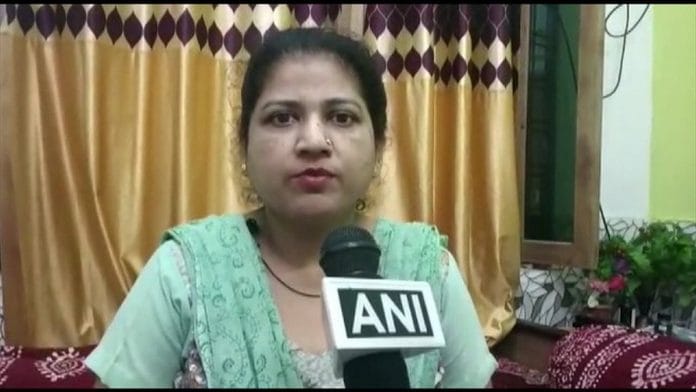New Delhi: The Supreme Court’s decision allowing Muslim women to seek alimony and maintenance from their husbands under Section 125 of the Criminal Procedure Code means different things to different people. But for Shayara Bano, the woman who became the crusader against triple talaq, it is “the end of a long battle for women whose lives become miserable due to financial difficulties after divorce.”
Wednesday’s verdict also brought back memories of the historical 1985 Supreme Court ruling in the Shah Bano case, which had supported the rights of Muslim women but was defeated by legislation later.
While Shah Bano had demanded alimony for herself and her children after divorce nearly 45 years ago, Shayara Bano had started a new chapter in the fight against triple talaq in 2016 after her husband divorced her via a telegram.
“It (alimony verdict) will bring a big change in times to come. Just as triple talaq has been banned and a husband cannot divorce his wife through any message, letter or verbally, now after separation, Muslim women can demand alimony for themselves and claim their rights,” said 38-year-old Shayara Bano.
Bano’s fight led to the 2019 Act that criminalised instant divorce. The alimony verdict of the Supreme Court is another big reform in the realm of personal laws, which are being put to test 21st-century India. This struggle for the rights of married Muslim women is now making incremental gains, some 40 years since it started.
The issue of maintenance allowance for Muslim women under the secular provision Section 125 of the CrPC became a political hot topic in 1985 when the Constitution Bench in Mohammad Ahmed Khan vs. Shah Bano Begum unanimously ruled that Muslim women are entitled to maintenance and alimony.
This decision triggered a controversy over a Muslim husband’s obligation to pay maintenance beyond the ‘iddat’ period of 3 months, during which a woman may not marry another man. The Rajiv Gandhi government then passed the Muslim Women (Protection of Rights on Divorce) Act 1986, which restricted the rights of Muslim women seeking alimony to the 90-day iddat period.
It was the triple talaq legislation of 2019 that superseded this 1986 law.
“This is a historic moment for every Muslim woman and for the whole community. Now men will think twice before taking a big decision like divorce,” Shayara Bano told ThePrint.
Bano also stressed that Muslim women often have to fight a long battle for their rights and face many social and economic difficulties.
She’s in favour of the one nation one law policy— if laws are the same for everyone in the country, it will be easier to demand one’s rights, she said.
“We all live in the same country so it is important to have the same law and justice for all,” Bano added.
Also Read: Two Muslim women are waging war against polygamy, halala. And paying a heavy price for it
A period of change
The Supreme Court declared in the 1985 Shah Bano case that Section 125 of the CrPC, which deals with maintenance and alimony, applies to all citizens regardless of religion.
“If Muslim women are married under Muslim law and are divorced, Section 125 of the CrPC as well as the provisions of the 1986 Act will apply. Muslim divorced women have the option to seek remedy under either or both the laws,” said the court in its Wednesday judgment.
Bano noted that, as with all such verdicts, it will take time before women start asserting their rights.
“In the beginning, women may not come forward to file a case against their husbands to avoid getting into any kind of legal trouble, but gradually this will also change. Women welcoming this decision shows how much it was needed in the society,” said Bano.
Wednesday’s ruling came on a petition challenging an order that required a Telangana-based Muslim man to pay Rs 20,000 to his wife as monthly maintenance after divorce.
The judgment was passed by a bench comprising Justices B.V. Nagarathna and Augustine George Masih. In the ruling, Justice Masih explained that Section 125 is a measure of social justice which protects the weaker sections, regardless of personal laws.
Bano was unequivocal that triple talaq and the iddat limitation on maintenance both qualified as social ills.
“Every social ill takes time to end,” she said. “But its end brings a new beginning.”
(Edited by Asavari Singh)






